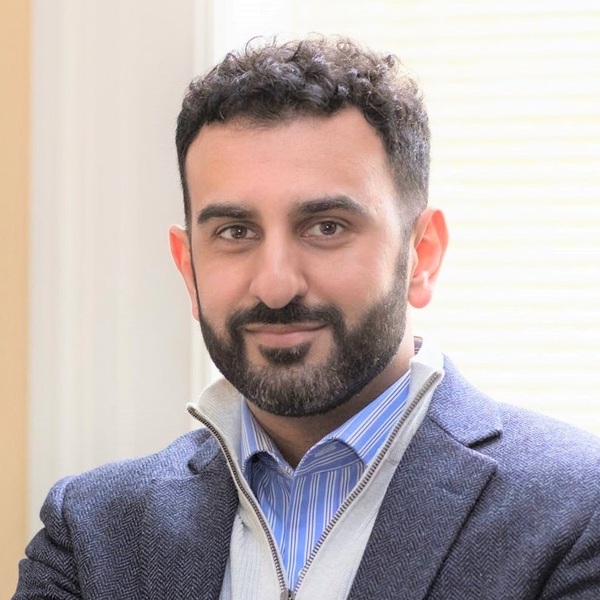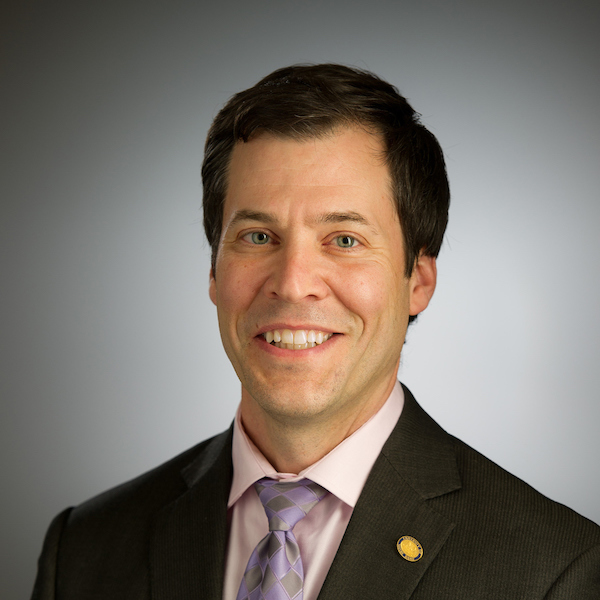In the Press
Are call center operators obsolete in the age of AI? Not so fast
July 05, 2023
Recent research conducted by Nicholas Berente and Kaitlin Wowak from the University of Notre Dame's Mendoza College of Business sheds light on the role of behavioral inertia in service center routing and its implications for human-agent interaction.
Mentions
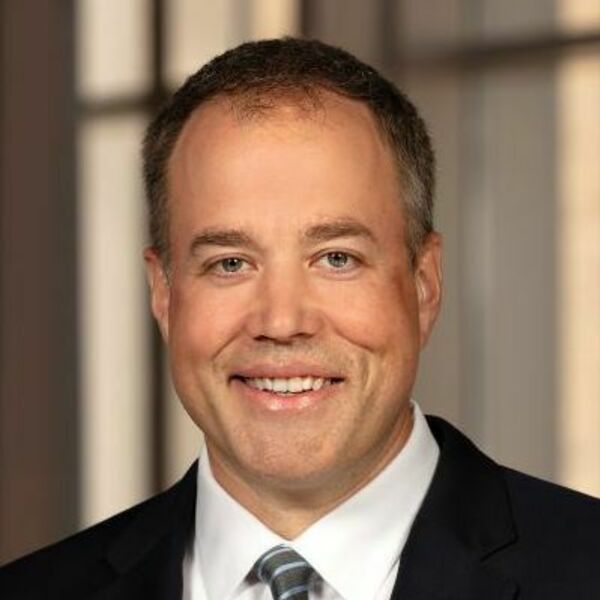
IT, Analytics, and Operations

CNN
AI drive-thrus may be good for business. But not for the rest of us
June 19, 2023
The adoption of new technology could mean fewer jobs or part-time work for employees, said Yong Suk Lee, assistant professor of technology, economy and global affairs at the University of Notre Dame, where he focuses on AI’s impact on labor.
Mentions
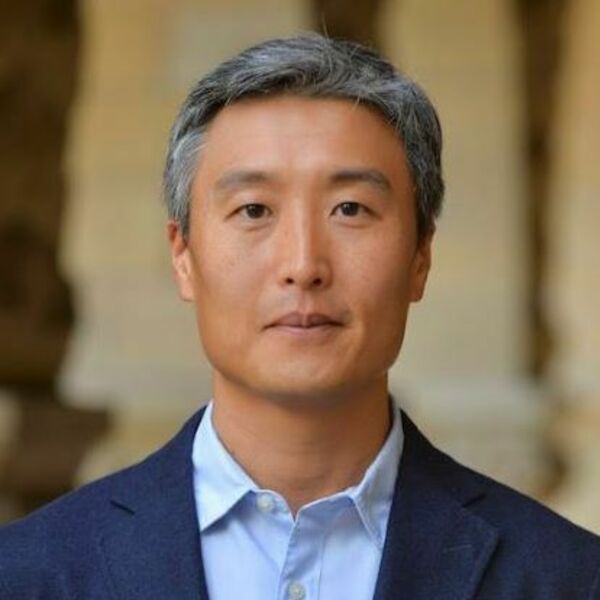
Keough School of Global Affairs
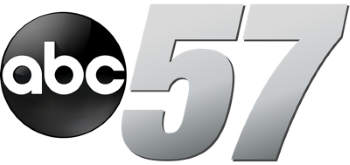
ABC57
Artificial Advantage: AI presents a unique danger for society
June 10, 2023
ABC57's Brian Conybeare delved into the dark side of AI and spoke to Notre Dame Professor of Global Affairs Lisa Schirch, who says that the development of AI could potentially lead to catastrophic results for mankind. Meanwhile, Notre Dame Computer and Science and Engineering professor Tim Weninger does not believe AI directly threatens humans at any point in the near future.
Mentions
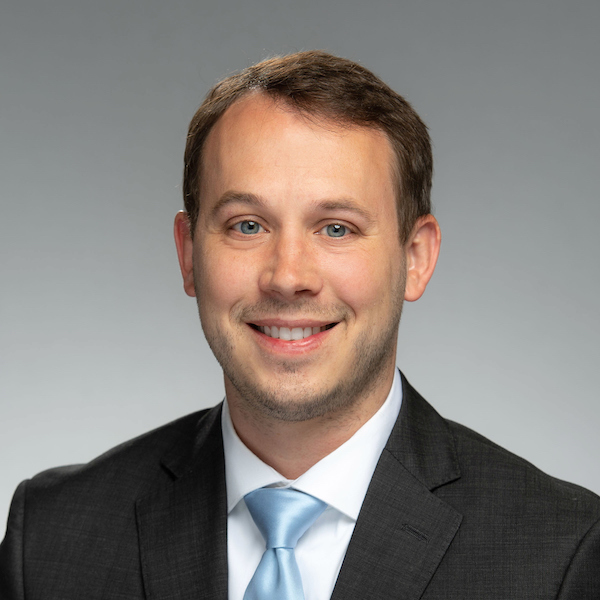
Computer Science and Engineering

Kroc Institute for International Peace Studies

The New York Times
These Activists Distrust Voting Machines. Just Don’t Call Them Election Deniers.
June 05, 2023
“You sow a seed of doubt, and that will grow and fester into a conspiracy theory,” said Tim Weninger, a computer science professor at the University of Notre Dame who studies misinformation on social media.
Mentions

Computer Science and Engineering
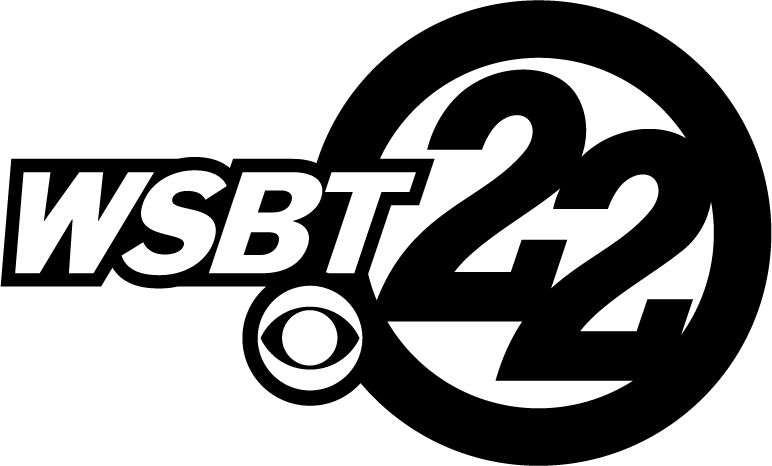
WSBT TV
Experts weigh AI concerns amid regulation discussions
May 22, 2023
“We definitely need regulation, we needed it yesterday, if not five years ago, because this is all getting away from us too quickly, and the real problem here is that there’s nobody in governments who’s really tasked with understanding the powerful ability to use AI as a weapon,” said Dr. Lisa Schirch, Professor of the Practice at the Keough School of Global Affairs.
Mentions

Kroc Institute for International Peace Studies
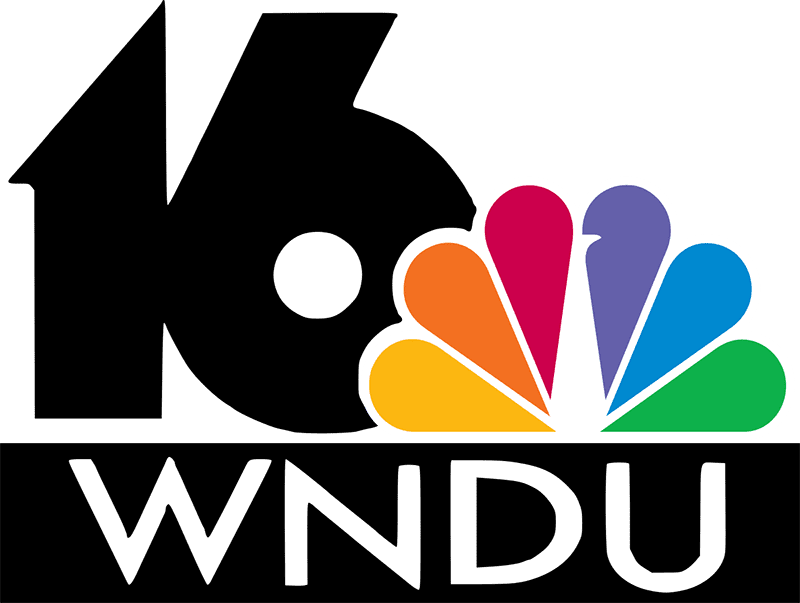
WNDU
Notre Dame professors talk advantages and concerns with open AI
April 19, 2023
The same advantages that helped us write the intro to this story are some of the same things these Notre Dame professors say cause concerns.

phys.org
Will a robot take my job? Researcher says this view is overly pessimistic
March 29, 2023
With the impact of industrial robots on the U.S. labor markets in the past two decades, and an ever-increasing presence of machine-driven technology (such as artificial intelligence and ChatGPT), many employees have feared that one day robots will take their jobs. Not necessarily so, according to research recently published by Yong Suk Lee, an assistant professor in the University of Notre Dame's Keough School of Global Affairs.
Mentions

Keough School of Global Affairs

National Catholic Reporter
Cardinal McElroy says church must ‘redesign’ just-war theory, favor nonviolent action
March 03, 2023
The third panelist, Robert Latiff, a retired U.S. Air Force major general who teaches ethics and emerging technologies, said that while he at one time was a proponent of a strong nuclear deterrent he no longer adheres to such thinking.
Mentions
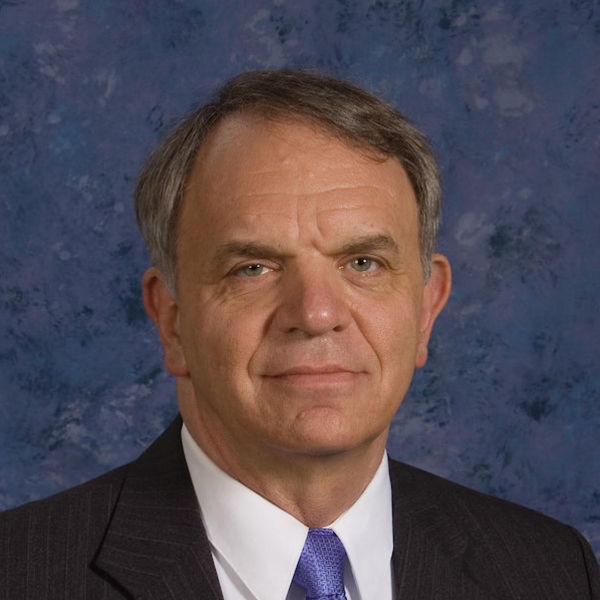
Reilly Center for Science, Technology, and Values
TikTok admits employees bypass algorithm to promote some videos
February 13, 2023
“When something's trending, we like to think that somebody—I’m putting this in air quotes—‘earned it,’” says Kirsten Martin, a professor of technology ethics at Notre Dame’s Technology Ethics Center.
Mentions
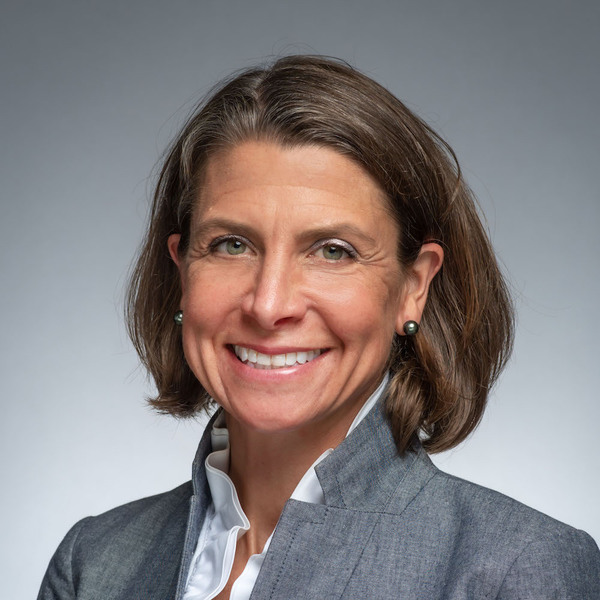
IT, Analytics, and Operations
TikTok Offers a Billion-Dollar Restructuring Plan to Appease the U.S.’s China Concerns
January 20, 2023
In the same way U.S. officials are concerned about TikTok’s data usage, other countries see American media companies like Meta, Twitter and Google as similar threats, said Lisa Schirch, a political scientist and professor at the University of Notre Dame.
Mentions

Kroc Institute for International Peace Studies

Fast Company
What the TikTok government bans mean for you
December 18, 2022
To Kirsten Martin, director of Notre Dame University’s tech ethics center, the TikTok dogpiling seems more like a reaction from politicians not being able to crack the app’s influence.
Mentions

IT, Analytics, and Operations
If tech ethics is an afterthought, you’re taking too big of a risk
November 08, 2022
“Elon Musk firing the ethical AI team, policy team, etc is not surprising since his reason for buying Twitter was to put an end to their content moderation policies,” said Dr. Kirsten Martin, the director of the Notre Dame Technology Ethics Center (ND TEC), which recently launched a 15-credit undergraduate minor in tech ethics.
Mentions

IT, Analytics, and Operations

Associated Press
As Amazon grows, so does its eye on consumers
August 22, 2022
For companies like Amazon, data collection is for more than just data’s sake, noted Kirsten Martin, a professor of technology ethics at the University of Notre Dame.
Mentions

IT, Analytics, and Operations

CNN
If Elon Musk restores Trump’s Twitter account, it could pave the way for other platforms to do the same
May 13, 2022
Although far from perfect, Twitter has, at least historically, been viewed as “more nuanced in their content moderation” and as “trying to do the right thing more often than other platforms,” said Kirsten Martin, professor of technology ethics at the University of Notre Dame.
Mentions

IT, Analytics, and Operations

The Guardian
Reversing Trump Twitter ban will provoke user backlash, Elon Musk warned
May 11, 2022
Kirsten Martin, a professor of technology ethics at the University of Notre Dame in Chicago, said Musk would face a backlash if he reinstated Trump’s account. “If Musk is concerned that many people were upset that Trump was banned, he should see how many more people would be upset if Trump was not banned,” she said. “Musk only appears to be worried about the opinion of a small group of individuals who incite violence or perpetuate hate speech.”
Mentions

IT, Analytics, and Operations
The Dutch Tax Authority Was Felled by AI—What Comes Next?
May 09, 2022
“When there is disparate impact, there needs to be societal discussion around this, whether this is fair. We need to define what ‘fair’ is,” says Yong Suk Lee, a professor of technology, economy, and global affairs at the University of Notre Dame, in the United States. “But that process did not exist.”
Mentions

Keough School of Global Affairs

Associated Press
Musk’s ‘free speech’ push for Twitter: Repeating history?
April 26, 2022
Kirsten Martin, a professor of technology ethics at the University of Notre Dame, said Twitter has consistently worked at being a “responsible” social media company through its moderation system, its hires in the area of machine learning ethics and in whom they allow to do research on the platform.
Mentions

IT, Analytics, and Operations

Yahoo
Misinformation or potent symbol? An out-of-date yearbook photo of masked 2nd graders raises questions
January 31, 2022
“Is this photo misinformation? It’s in the eye of the beholder,” Tim Weninger, a professor of engineering at the University of Notre Dame who studies social media, told Yahoo News in an email.
Mentions

Computer Science and Engineering

Business Insider
Facebook is shutting down its controversial facial recognition system over 'societal concerns'
November 02, 2021
Kirsten Martin, a professor of technology ethics at the University of Notre Dame, said the trove of biometric data represents a vulnerability for Meta that will now be muted.
Mentions

IT, Analytics, and Operations

MarketWatch
Facebook becomes Meta in rebranding seen as ‘an attempt at distraction’
October 28, 2021
“It’s dystopian, the worst of all names. If we don’t trust them in the real world, why would we in the virtual world?” Kirsten Martin, professor of technology ethics at the University of Notre Dame’s Mendoza College of Business, told MarketWatch.
Mentions

IT, Analytics, and Operations
